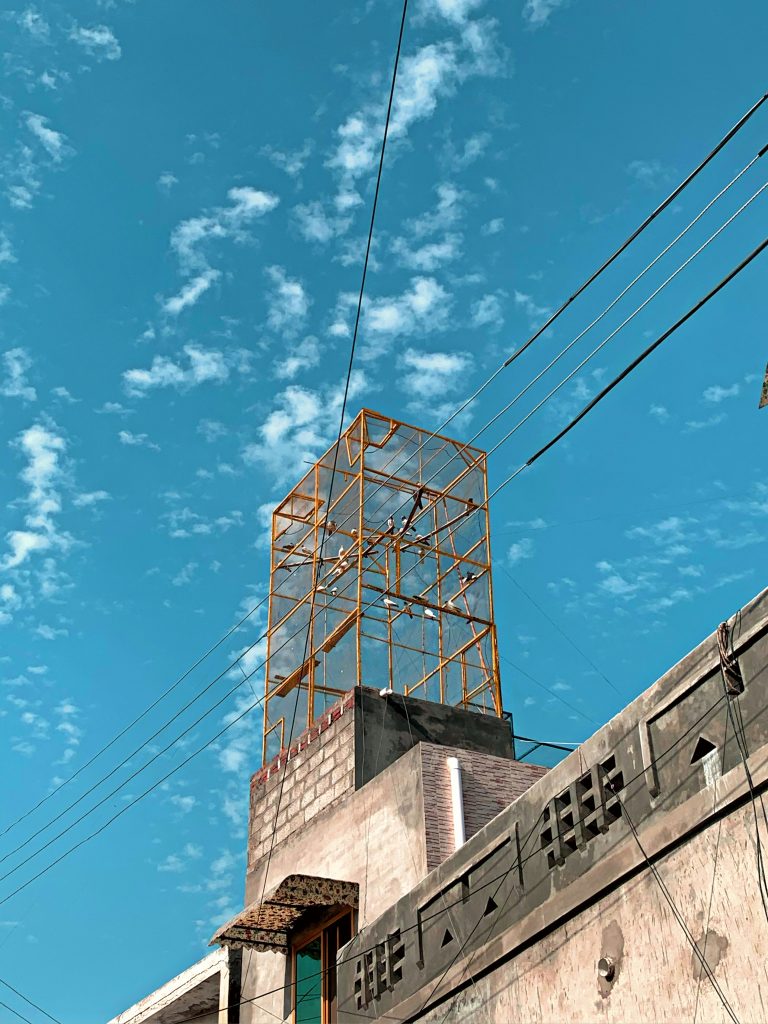Urban Ecologies: Infrastructures and Lived Realities
Panel
Moderator: Dr. Maryam Ibrahim (Assistant Professor, Mushtaq Gurmani School of Humanities and Social Sciences, LUMS)
The first panel of the Climate Congress was organized on 6th November 2024 with the collaboration of Mushtaq Gurmani School of Humanities and Social Sciences, Lahore University of Management Sciences. More than 250 students, staff, and external guests attended the presentations given by the speakers and later participated in the question-and-answer sessions. The session theme was central to the Climate Congress as most of the environmental challenges stem from the urban areas. Speakers also collectively emphasized the intersectionality of climate, urbanism, gender, and health. All these interlinked sectors are exacerbated by overpopulation and uncontrolled infrastructure and urban expansion. The panel ended with a question-and-answer session. Overall, the speakers and the attendees called for holistic, actionable strategies to address urban vulnerabilities and foster sustainable, equitable futures.
Dr. Ali Cheema, Vice Chancellor of Lahore University of Management Sciences, inaugurated this first public session at the institute. He emphasized the urgency of addressing climate challenges in Pakistan, particularly in urban settings. He highlighted the realities of heat, water scarcity, flooding, and smog, which have made living conditions increasingly unsustainable. Dr. Cheema stressed the importance of integrating interdisciplinary approaches—art, thought, and policy—to address these issues. He called for actionable pathways to enhance urban livability, framing climate change as a pressing present-day concern rather than a distant future threat.
Social Networks and the Future of Environmentalism
Amen Jaffer
Amen Jaffer is Associate Professor of Sociology at the Lahore University of Management
Sciences. During his presentation, he explored the socio-economic dimensions of waste and recycling economies in Lahore. His ethnographic study focused on marginalized Afghan and local communities involved in reclaiming value from waste. Amen narrated stories like that of Jalaluddin, whose recycling work symbolizes efforts to forge a better future. He analyzed waste through a social and cultural lens, arguing that its reclamation involves ontological labor—transforming perceptions of discarded material. Amen stressed the need to rethink waste management as a vital component of the city’s economy, social structures, and environment.
Women, Public Spaces and the City- Everyday Modalities of Being and Belonging in Lahore
Aneeqa Wattoo
Aneeqa Wattoo is a writer and translator based in Lahore and also works as a Teaching Fellow at the Lahore University of Management Sciences. She presented her research on working-class women’s navigation of public spaces in Lahore. Using ethnographic interviews, she revealed their complex experiences with public transport, harassment, and safety. Wattoo analyzed how notions of “respectability” stratify women and dictate their legitimacy in public spaces. She challenged simplistic feminist notions, emphasizing women’s nuanced strategies for resistance and adaptation. Wattoo linked these dynamics to broader structural issues, such as urban planning and gendered mobility. She urged a reevaluation of urban development policies to foster inclusivity and safety for all women.
Who cares about Water(ine) Quality
Ameem Lutfi and Nosheen Zaidi
Ameem Lutfi is an Assistant Professor of Anthropology and History at LUMS. Nosheen Zaidi is a Professor from the University of the Punjab and specializes in Community Medicine and Public Health. They discussed Lahore’s water contamination issues and their impact on public health. Zaidi detailed findings from over 2,000 samples, revealing widespread contamination and antibiotic-resistant bacteria, posing significant health risks. They shared his research work on the interplay between infrastructure and biology, explaining how failing water systems facilitate the spread of resistance. Their interdisciplinary approach underscored the need for urgent collective action to combat water inequalities and emerging health crises.
Location: Lahore University of Management Sciences (LUMS)
Date: November 6

